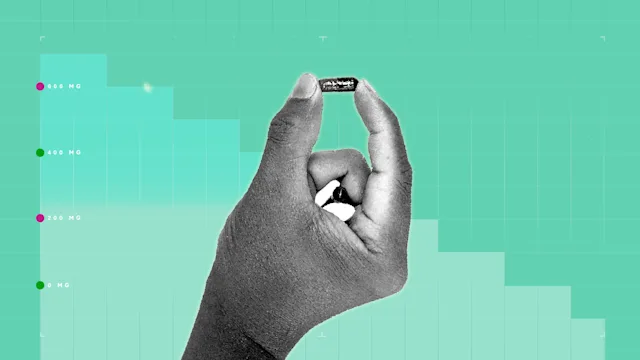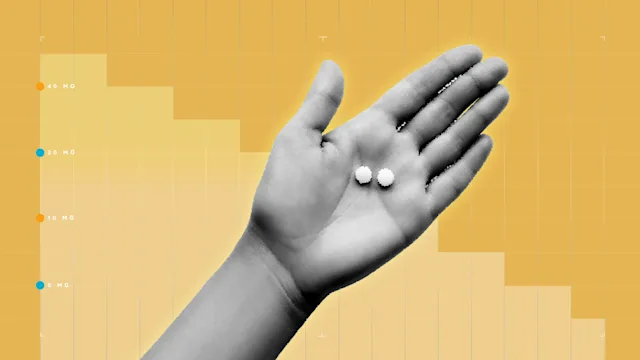Many adults don’t realize they have ADHD until it starts taking a significant toll on their ability to work or manage their personal life. In this video, mental health professionals discuss the symptoms of ADHD in adults.
Dr. Hartstein is the owner of Hartstein Psychological Services, a group psychotherapy practice in New York City.
Dr. Samuels is an assistant professor of clinical psychiatry and clinical pediatrics at Weill Cornell Medicine and an assistant attending psychiatrist at NewYork-Presbyterian Hospital.
Dr. Watkins is a psychiatrist at Massachusetts General Hospital, where she's the Associate Director of The Clay Center for Young Healthy Minds, and was previously the Associate Training Director of the Child and Adolescent Psychiatry Residency Training Program.
References
ADDitude Mag. (2023). ADHD symptom test for adults: ADD checklist.
Children and Adults with Attention-Deficit/Hyperactivity Disorder (CHADD). (n.d.). About ADHD.
Children and Adults with Attention-Deficit/Hyperactivity Disorder (CHADD). (n.d.). Medication management.

Why trust our experts?


Search and compare options












